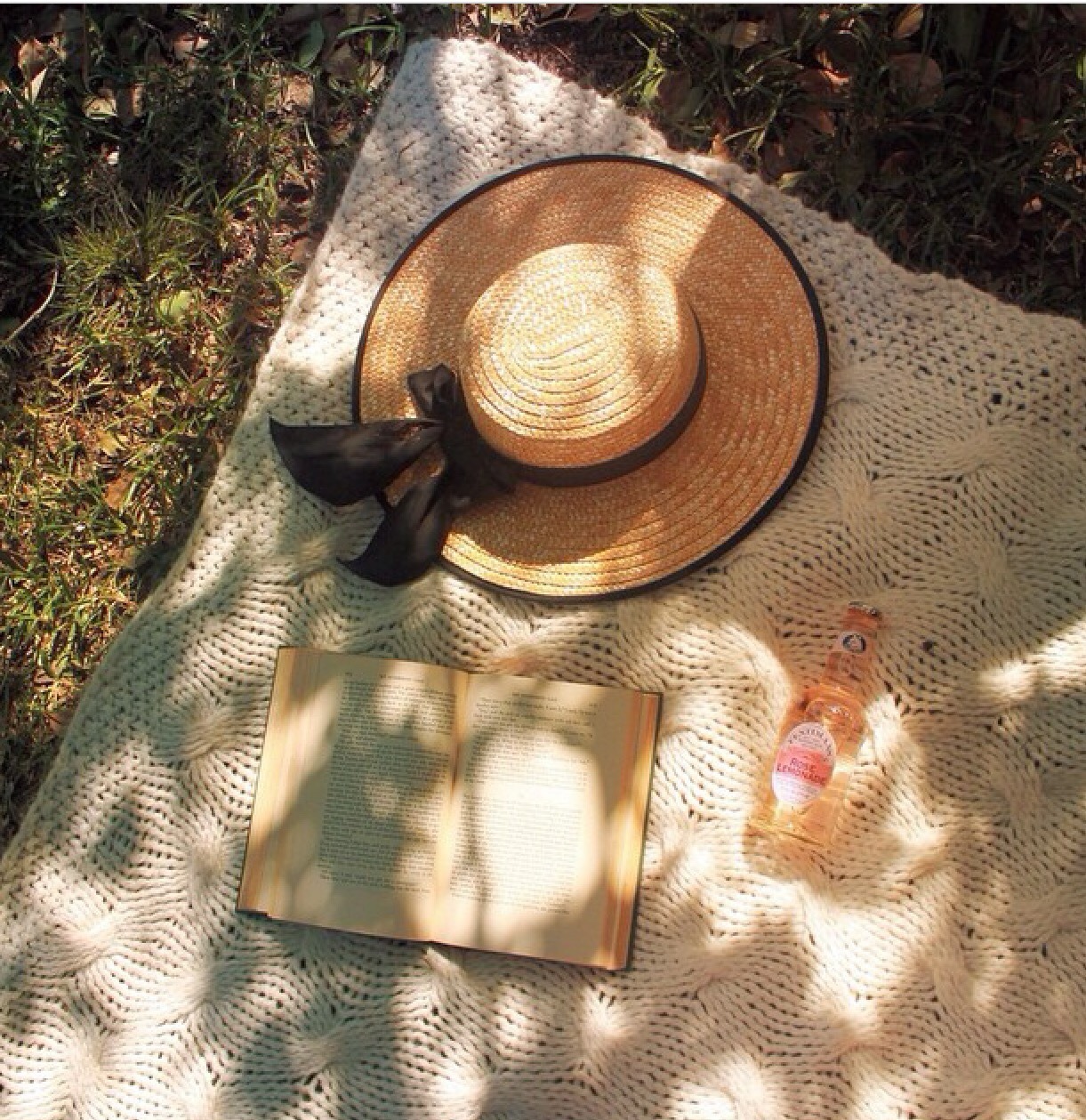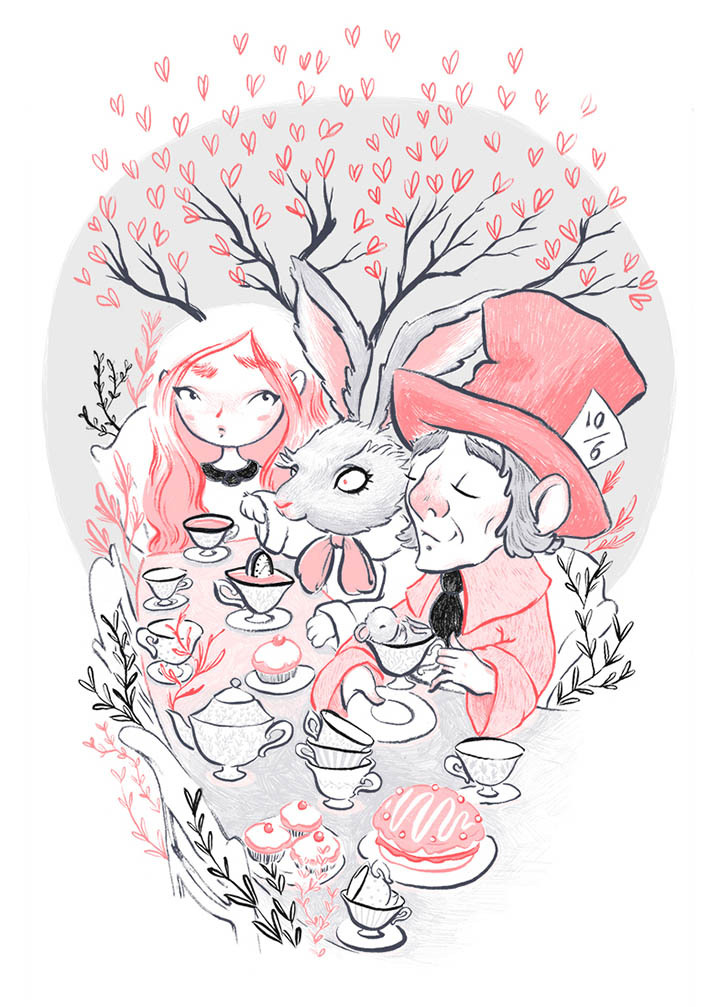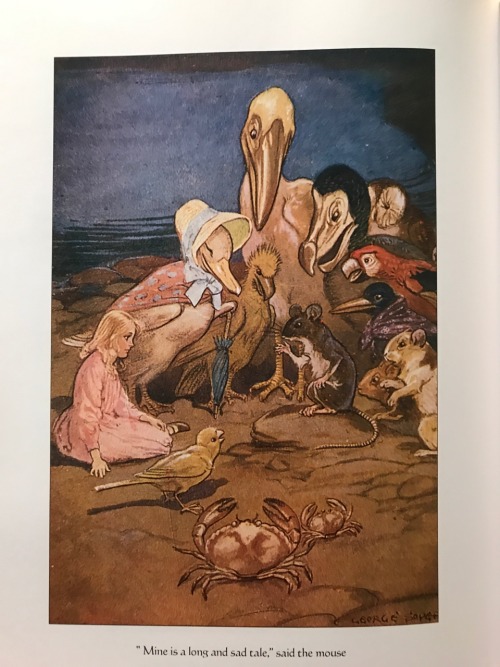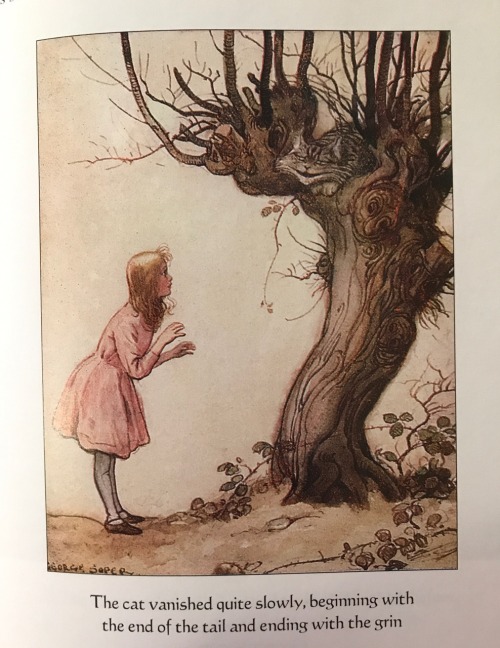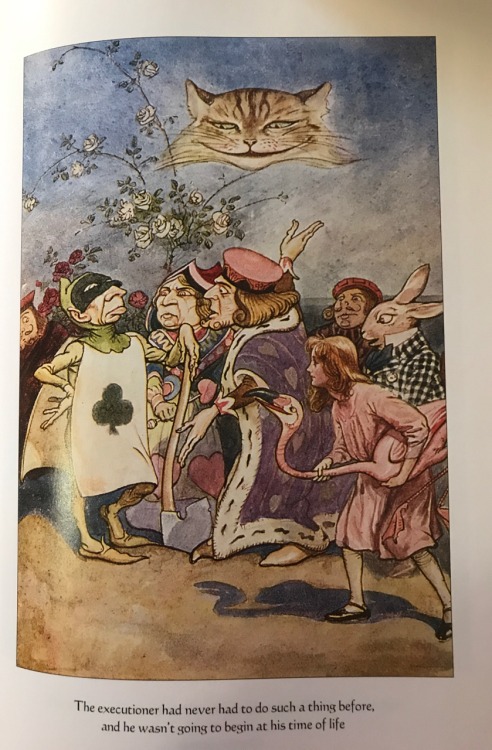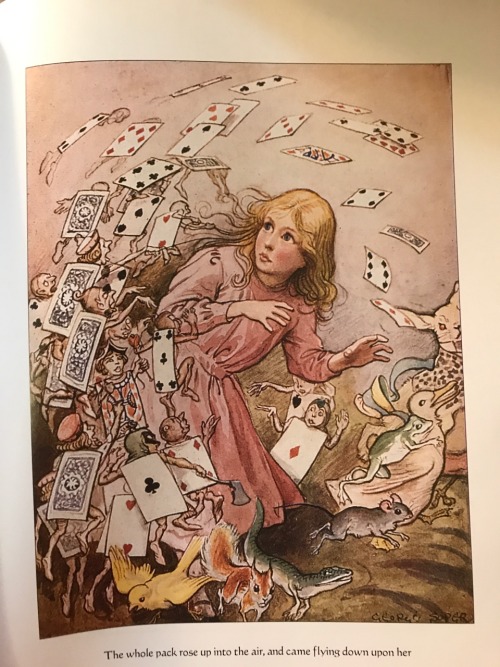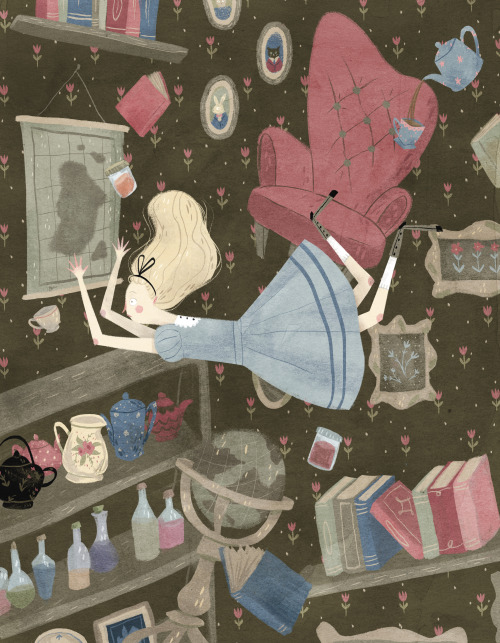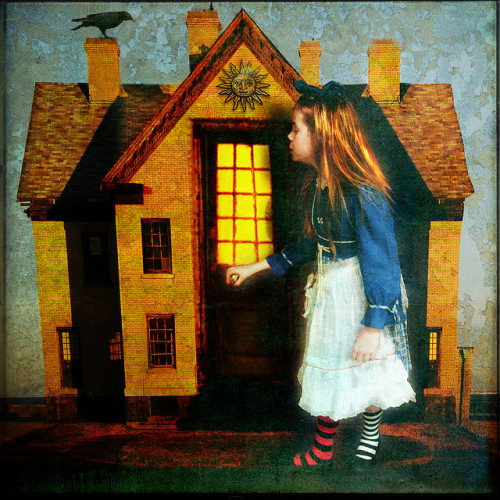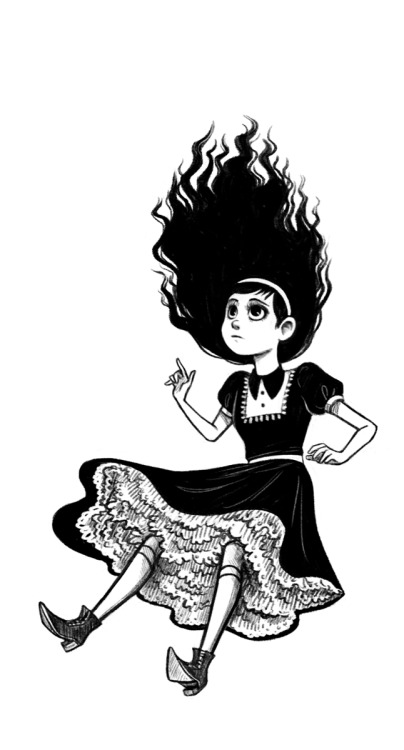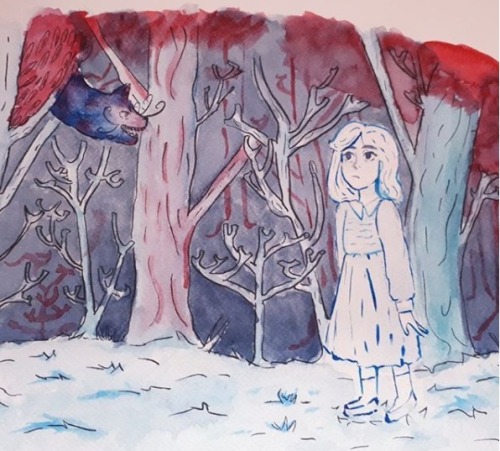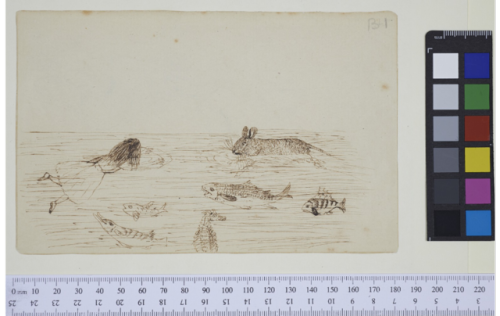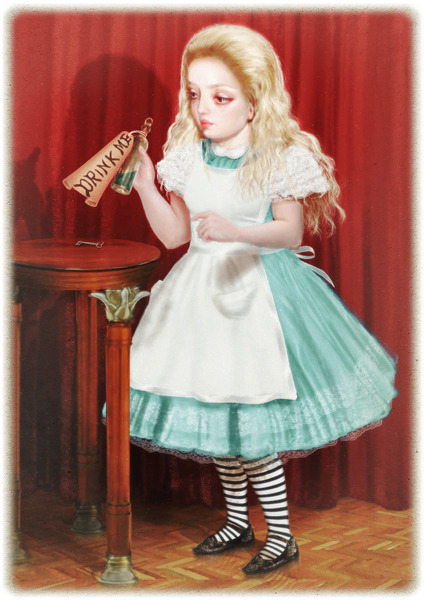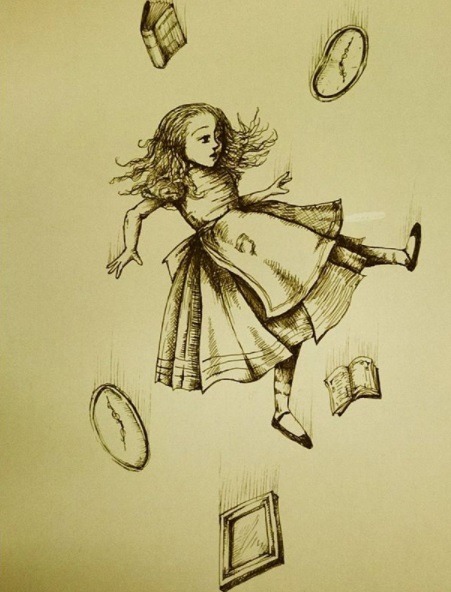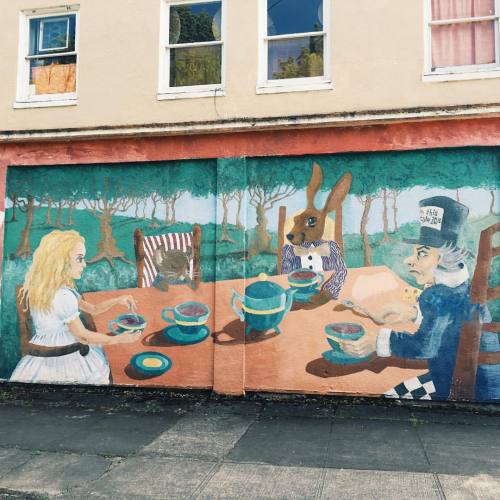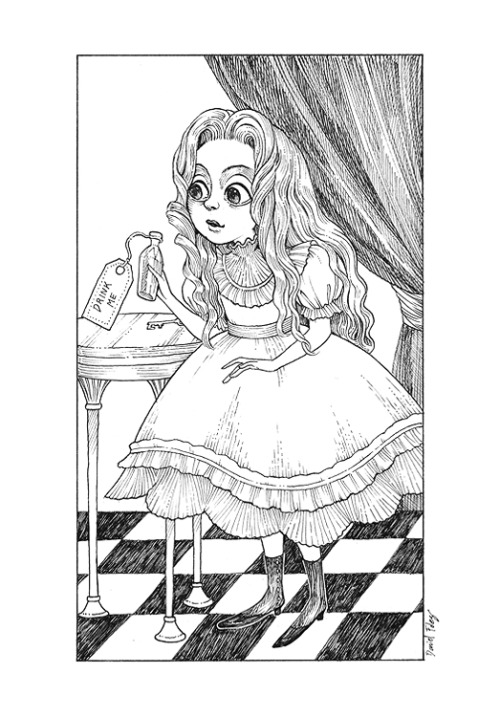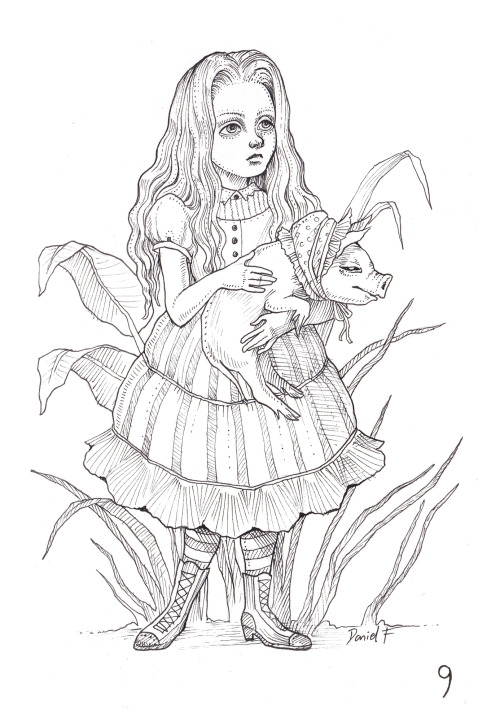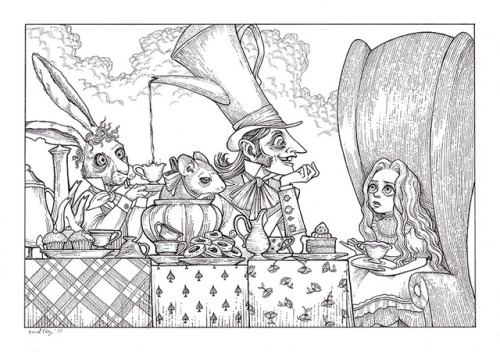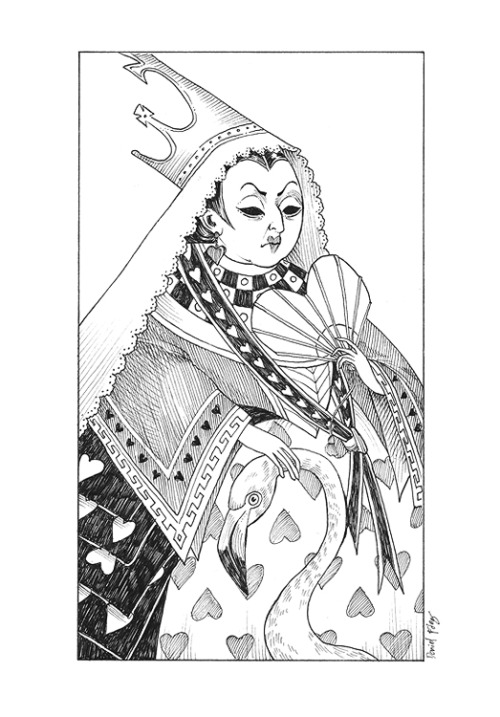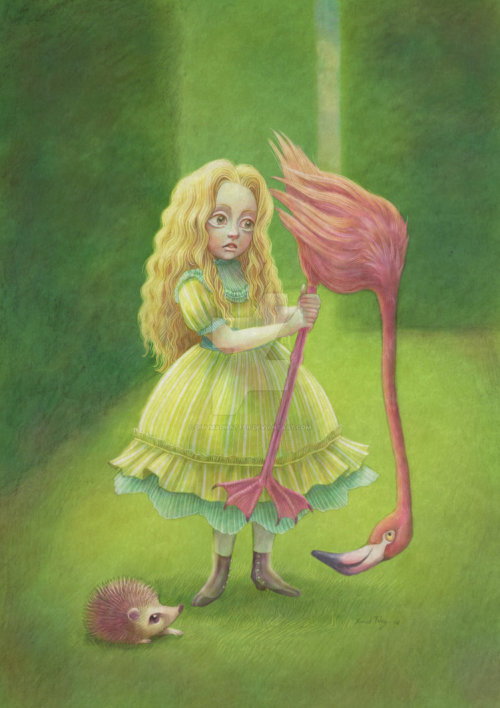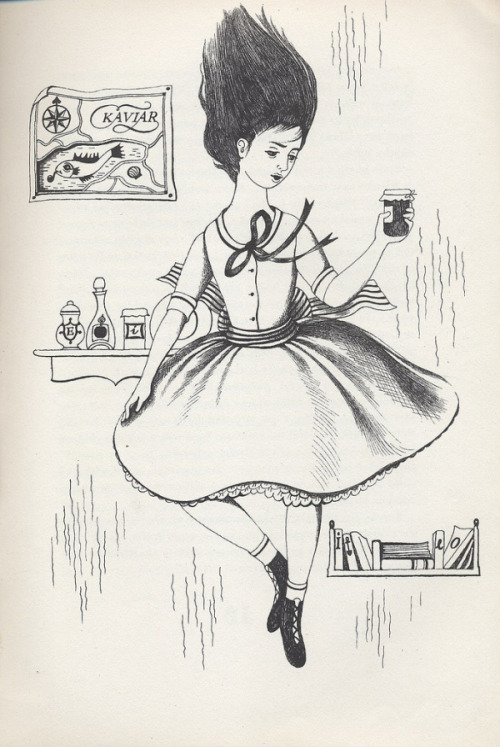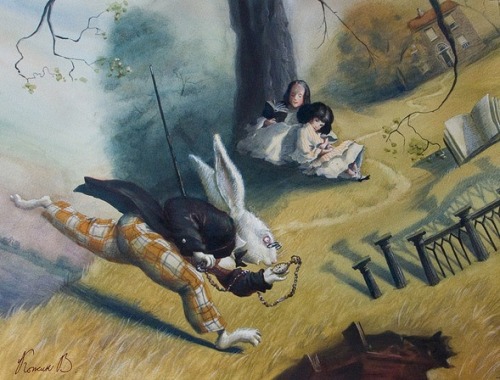(Photo source: Le boncoin, Magnard/Classiques et Patrimoine Alice au pays des Merveilles, schools edition. I highly recommend this edition for B1/B2 french learners. The footnotes make it way easier)
NOTE: Since much of this post is about reading the Alice novels for the first time or in a new language, it might interest you to know that the North American Lewis Carroll Society offers free readings of the novels to US schools. You can donate to this project here (Choose the Memorial fund option)
My first ever encounter, aged 7, with Carroll's novels (then Wonderland, I didn't read Looking-Glass until I was about 9 or 10) was with a dictionary in one hand, and the book in the other. I remember the dictionary was heavy, it was one of those that my family had sellotaped to stop it from pulling apart MANY times. I had to look up a lot of words on that first reading. No 7 year old alive in the last 2 centuries would know what a "bathing-machine" was, nor a "quadrille" unless they were very into dance. Despite the hard words, it didn't matter. I can't quite remember what my feelings on first reading were, except that this 100 + year old book somehow spoke to me in the way at the time 2000s era children's fiction could, only really half do.
Alice's adventures Underground manuscript)
In Wonderland, no adult or animal makes sense, Alice is (at least a first time reader who doesn't know the ending reads) alone with no help. She must rely on her own intelligence and her own perceptions. The things she is taught by other people, school, authority: lessons, poems, don't work in a chaotic world that is upside down. Alice is strong willed, and, for the most part, isn't really afraid of anything that gets thrown at her. Sure, Alice's adventures aren't real in narrative, they are a long, strange, asleep-for -too-long dream. The idea is one any reader can relate to, since we've all likely had at least one memorable one in our lives. Alice herself is brilliantly eccentric. Carroll informs us, Alice in the real world loves to pretend to be two people, views her cats as her best friends and equal to people, and maybe even scares the people around her a little. Its this that makes her such a fascinating and brilliant character, and somehow film and TV versions often fail to capture this part of Alice's personality.
This summer, as part of my French learning attempts, I read Alice's adventures in Wonderland for the first time in another language. It was partly like going back to being 7 again. Lots of words I didn't know. Here a whole tense (Passé Simple) that was partly new to me. The translation I read was the very first one into French, from 1869, by Henri Bué. With footnotes for some words, of course. Bué's translation is for the most part very faithful to Carroll's text, except that its wonderfully french-ified. Alice attempts to speak Italian to the mouse, recites "monsieur corbeau" (mister crow, a fontaine fable, based on the crow and the fox) wrongly, and the Hatter recites a distortion of "ah vous dirai-je" a famous french Victorian nursery rhyme, with the exact same tune as Twinkle Twinkle Little Star. Little things here and there transplant the story not to Victorian England Oxford but to somewhere in the France French campagne (countryside) and this works brilliantly.
There are, I'm sure, jokes I missed in Bué's translation, as an early B1 french learner, I'm almost certain. Then again, I missed quite a few jokes on my first reading of Wonderland in English aged 7/8, and that didn't stop me.
I think sometimes when carrollians worry that children or teenagers will never pick up Carroll's books, and will never enjoy them "now". That publishers must produce abridged editions even for children who are old enough to read the two classics (I don't think age 7/8 is too young an age, even if all jokes aren't understood) We forget how some children will always be drawn to these stories naturally, including all the Victorian words that they don't understand. Folio Junior in France (in an edition I don't have) has footnotes, and a explanation of the author and characters and their world at the back after the novel itself ends. Puffin Classics in the UK do similar but somehow don't have footnotes for some words (why is this?) But, if a child connects with the novels, trust me, they won't really care about what a few words are, and might just look things up just to know. For some people, reading Carroll just fits their personality, or is a way of reading about dreams, or gives them a way of understanding a bizarre, complex world (which the adult world very much is, Carroll knew this as much as anyone)
I think despite all the complex readings (and sometimes total mis-readings) us adults have given Carroll's two little books, to forget that they were intended for the enjoyment of the 3 Liddell sisters (all under 14 at the time of hearing these tales) is to deny ourselves of both these stories true meaning: fun, and things to read that aren't lessons. Any child can relate and will always relate to that.






